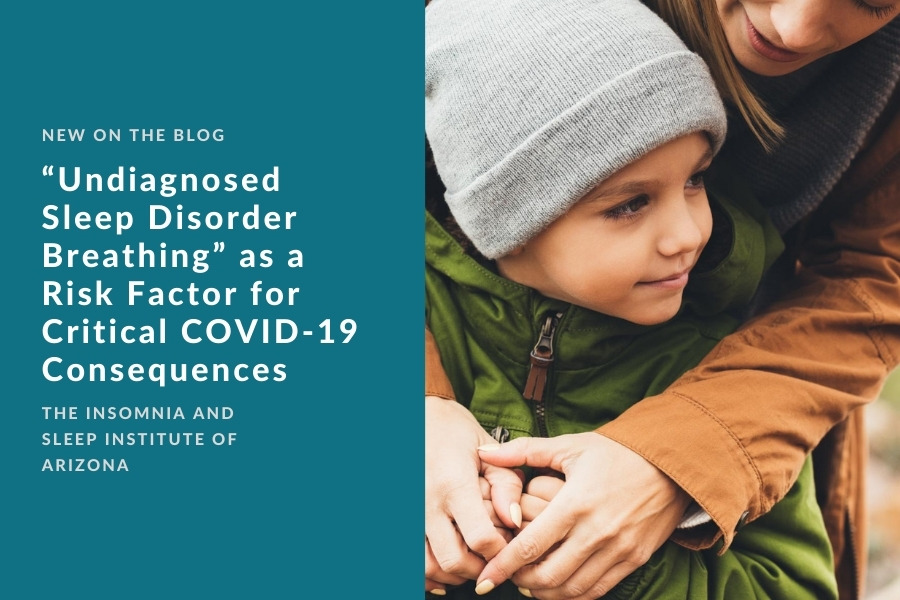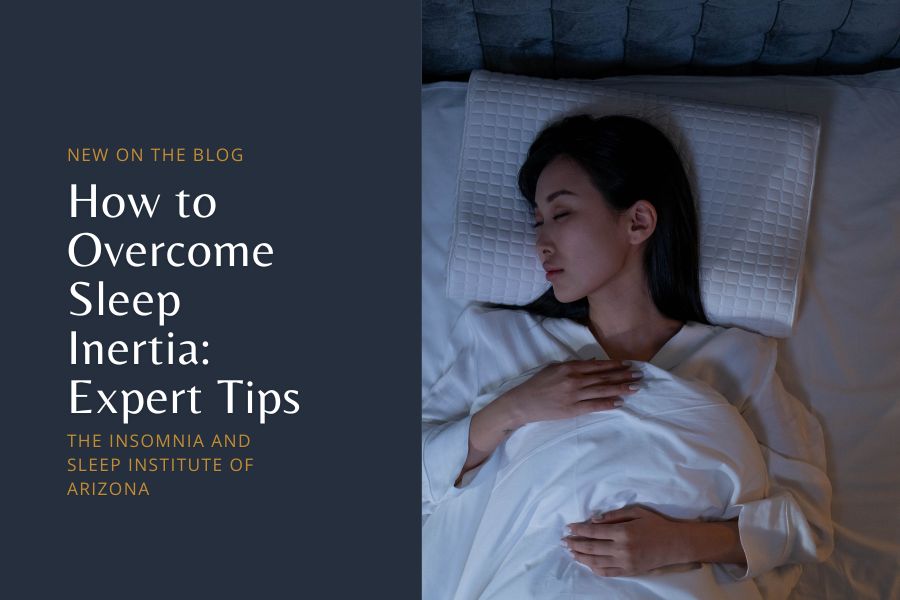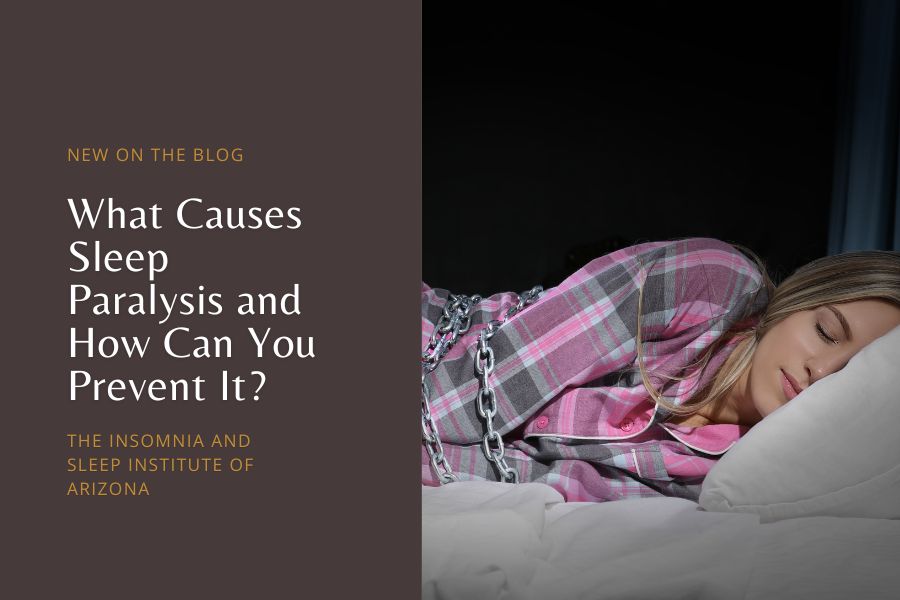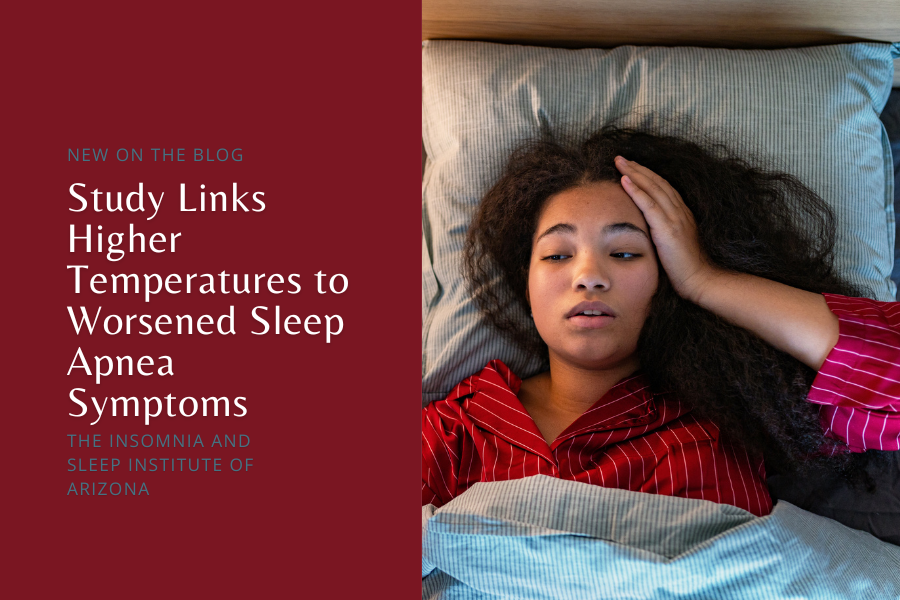A recent article in Elsevier found that those with “severe COVID-19” tend to develop acute respiratory distress syndrome (ARDS), which requires treatment in the intensive care unit (ICU). COVID-19 is also associated with various comorbidities that are similar to those with Sleep Disorder Breathing (SDB). At The Insomnia and Sleep Institute of Arizona, we have watched the relationship between various sleep disorders and COVID-19 develop in the past 2.5 years, and it is an unfortunate reminder of the importance of getting the correct diagnosis and treatment for any ailment immediately. That is why we are an outcome-driven clinic and patients meet with a sleep expert during their first consultation. Led by triple board-certified Dr. Ruchir P. Patel, we are proud to be the Face of Sleep Medicine in Arizona and require no referrals.
Researchers wanted to examine the link between undiagnosed SDB and ARDS risks, as well as pulmonary abnormalities in a group of patients who survived COVID-19 between 3 – 6 months after their initial diagnosis. A prospective cohort study group was gathered, all who developed ARDS while being hospitalized for COVID-19. They were then compared to a control group who had COVID-19, but with mild or moderate symptoms. All were analyzed between their 12th and 24th-week post-COVID infection. Evaluations considered their lung-diffusing capacity of carbon monoxide (DLCO), sleep apnea tests, and a CT scan of their chest. SDB diagnoses were made via the respiratory disturbance index.
Sleep Disturbance + COVID-19 Results
In total, 60 patients were included in the study, with 34 having developed ARDS and 26 control patients. A mean follow-up was 16 weeks on average. It was found that ARDS patients reported a quite high prevalence of SDB at 79 percent—compared to just 38 percent in the control group. In total, 35 percent reported a DLCO impairment while over 67 percent had an abnormal chest CT. Researchers found that SDB was “independently associated with ARDS.” They also found that men had a higher abnormal chest CT than women in the study. This led researchers to conclude that undiagnosed SDB is “prevalent and independently associated with ARDS.” They also urged that “undiagnosed SDB increases the hazard of abnormal chest CT in the midterm.”
Why Sleep Disorders Go Undiagnosed
The main factor in this study is that sleep disorders tend to go undiagnosed. This is for a number of reasons, from patients failing or not being able to adequately describe symptoms to their GPs to the fact that primary physicians are often under-educated when it comes to sleep disorders—and, in turn, do not refer patients to sleep specialists. Needing a referral for a sleep specialist is common, but that is not the case at The Insomnia and Sleep Institute. We treat patients as young as two years old, and it is easy to book a consultation with a sleep expert with no referral from your doctor.
There are a number of co-morbidities related to the many sleep disorders that are diagnosable. From mental disorders like depression and anxiety to physical conditions like higher risks of stroke and cardiovascular incidents, disrupted sleep gets in the way of every part of your life. It even leads to a higher risk of experiencing severe COVID-19 symptoms rather than mild or moderate symptoms. We are still in a pandemic, COVID-19 is still prevalent, and the fact remains that those with undiagnosed, untreated sleep disorders are at an increased risk.
Healthy Sleep Leads to a Healthier Life
If you have or suspect you have a sleep disorder, know that help is available. There are over 80 different sleep disorders, and some of the most common include insomnia, sleep apnea, and hypersomnia events. It can be difficult to tell if you might have a sleep disorder, particularly for those who do not share a bed with a partner (as many sleep disorder symptoms are most obvious when asleep). However, daytime drowsiness, fogginess, and fatigue when you feel it isn’t warranted may all be signs of an undiagnosed sleep disorder.
Get in touch with The Insomnia and Sleep Institute today to book your consultation with a sleep specialist who can diagnose disorders. You can call the office or, for the quickest response, start a chat or complete the online contact form right now.








